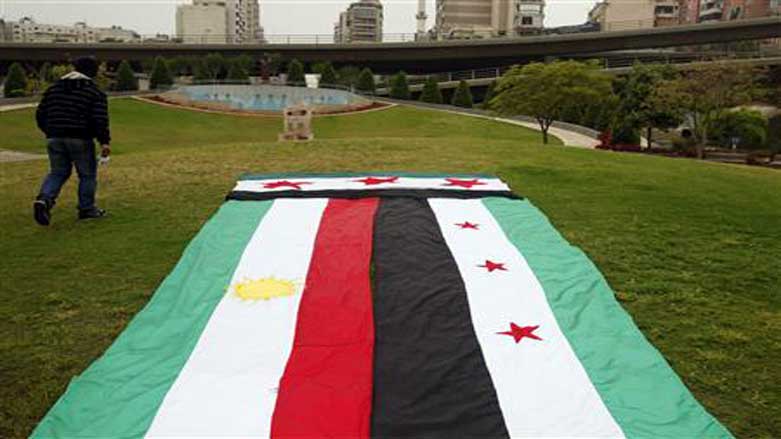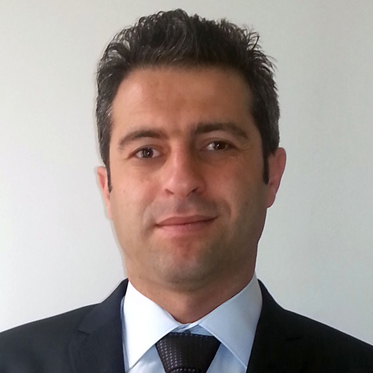Gap between Syrian Kurds’ oppositions widens

ERBIL, Kurdistan Region (Kurdistan24) – On Monday, the Syrian Kurdish Democratic Union Party (PYD) condemned its exclusion from the Geneva peace talks, criticizing the inclusion of Syria’s Kurdish National Council (ENKS) in the talks as “shortsighted and unjust.”
PYD co-leader Saleh Muslim, whose party exercises wide influence over Kurdish areas of Syrian Kurdistan (Rojava), said on Monday in an article published by the American newspaper New York Times that ENKS cannot represent the Syrian Kurds in the peace talks while the administration ruled by Kurds in northern Syria is excluded.
“The Kurdish National Council [ENKS], which is sponsored by the Kurdish administration in northern Iraq [Kurdistan Region] and claims to speak for Syrian Kurds, was invited to the talks as part of a coalition of opposition groups,” Muslim said. “But they [ENKS] do not legitimately speak for Rojava.”
In response to Muslim’s comments, Jian Omar, the spokesperson for the Syrian Kurdish Future Party and an ENKS member, told Kurdistan24 on Tuesday, “There is an international consensus among the parties sponsoring Geneva peace negotiations regarding the presence of two delegations, regime and opposition, and since we [ENKS] failed to form a separate Kurdish one, we accepted to be part of the opposition delegation,” he stated.
Omar explained that Syrian peace talks cannot succeed without the Kurds as they are an essential faction of the Syrian social structure.
Additionally, Muslim said in the article that the system which governs Rojava could be a model for all of Syria as it includes all ethnic groups and religions together equally. “This is real and genuinely inclusive democracy, and it deserves to be supported, not ignored,” he said.
However, Omar criticized Muslim’s notions of democracy saying that since PYD rejects ENKS as one of the prominent Syrian Kurdish coalitions to take part in ruling Rojava, PYD’s democracy is not genuine.
“What rules Rojava is not a democracy, rather a dictatorship whose arbitrary practices against the Kurdish people in Syria include repression, assassinations and detentions for those who oppose PYD policies,” Omar said.
The ENKS member was referring to reports by Human Rights Watch and Amnesty International that raised some serious concerns about the PYD, such as having child soldiers, claims that PYD vehemently denied.
The rifts between the Syrian Kurdish groups, PYD and ENKS, regarding the Geneva peace talks and the federalism announced by the PYD-led administration of Rojava increased when the Syrian opposition platform (created in Saudi Arabia in December 2015) decided to include ENKS and exclude PYD.
Reporting by Hisham Arafat
Editing by Karzan Sulaivany and Ava Homa
